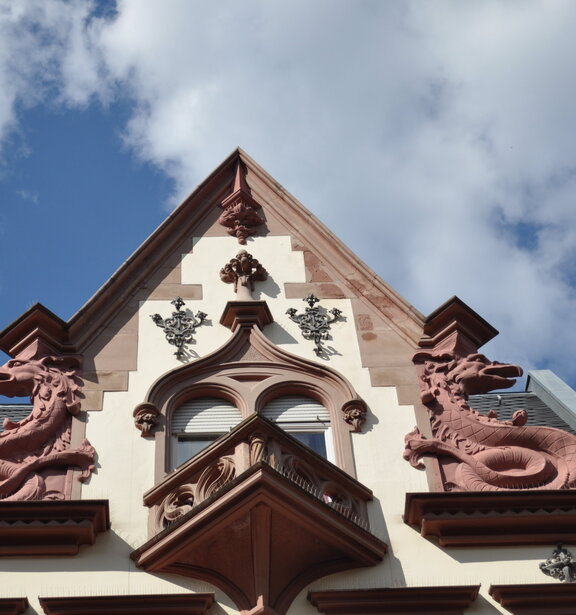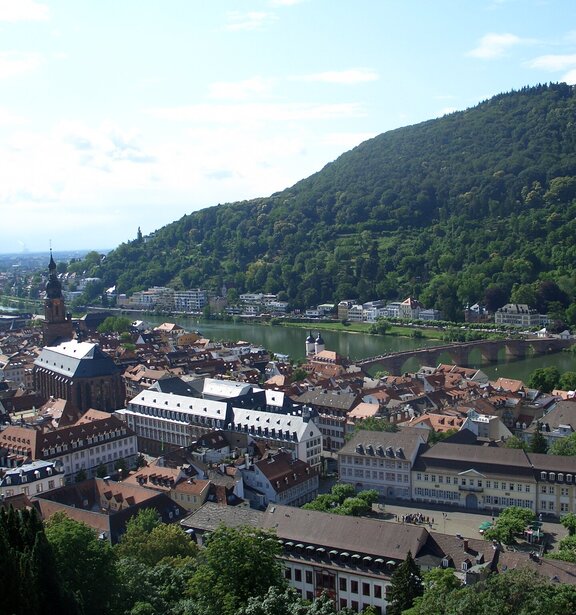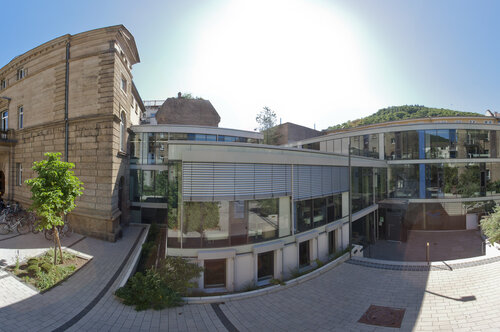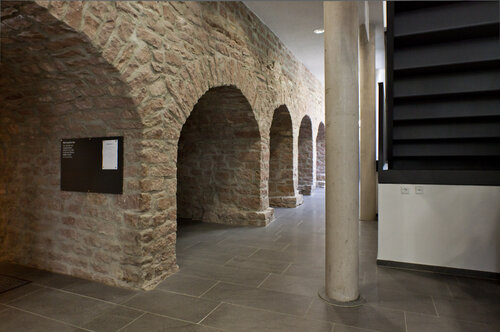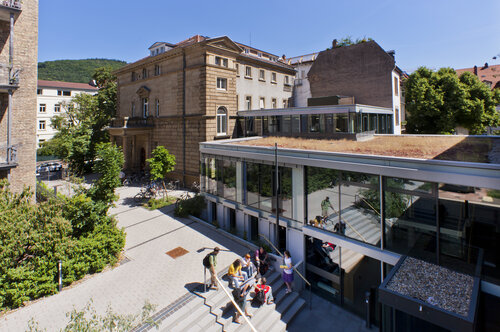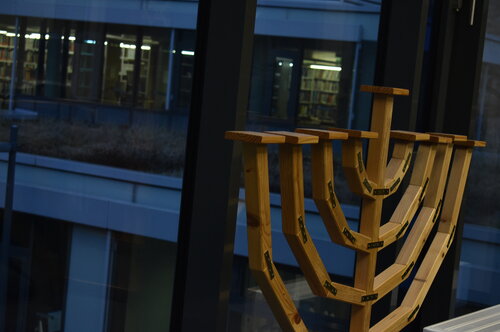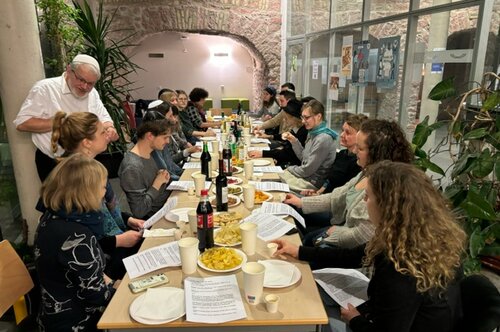M.A. Jewish Civilizations
The most important Facts in brief
-
Degree M. A. Jewish Civilizations
-
Language Requirement German / English
-
Course Language English
-
Further Study Locations Stockholm
-
Standard Period of Study 4 Semester
-
Deadline for Applications 15.11. (start of studies in the following winter semester)
The M.A. Jewish Civilizations is a joint Master's programme of the Heidelberg University of Jewish Studies and Padeia - The European Institute for Jewish Studies in Sweden.
The first study phase takes place in Stockholm. The application for this One-Year Program is possible until 31 January of each year via lukasz.gorniok(at)paideia-eu.org.
If you are interested in studying M.A. Jewish Civilizations , please contact Prof. Dr. Roland Gruschka(roland.gruschka(at)hfjs.eu).
the British historian Arnold J. Toynbee (1889-1975) identified 23 civilizations in his multi-volume work A Study of History, including classical examples such as Egyptian, Hellenistic and Iranian, but also more unusual examples such as the Bible-soaked Byzantine or Russian Orthodoxy. In 1934, however, he cited the Jews as a prime example of an "extinct society which only survives as a fossil". This earned him fierce criticism from the Jewish side: "Judaism - fossil or ferment?" asked Holocaust theologian R. Eliezer Berkovits (1908-1992), for example. It can hardly be denied that Jews have played and continue to play the role of a "creative minority" (A. Toynbee) in many urban civilizations. It was also in 1934 that the main work of the US-American rabbi Mordechai Menachem Kaplan (1881-1983) "Judaism as a Civilization" was published. He characterizes Judaism as a civilization that is more than just religion and develops in many different ways in the bosom of other civilizations. The sociological study by Shmuel N. Eisenstadt (1923-2010) "Jewish civilization - the Jewish Historical Experience in a Comparative Perspective" (1992) also suggests speaking of Jewish civilizations in the plural. Apart from an invariant core, Jewish civilizations offer a great diversity of phenomena. The study of Jewish civilizations requires a corresponding diversity of linguistic and cultural competencies and is therefore particularly well suited to an internationally attended course of study with a cooperation partner such as Padeia - The European Institute for Jewish Studies in Sweden.
Aim of the Degree Program
The consecutive Master's degree course "Jewish Civilizations" aims to develop the ability to explore Jewish civilizations in their various manifestations through intensive language and source studies, with a focus on language and source competence in Hebrew. In addition, in the course of their studies in Stockholm and Heidelberg, students acquire all the necessary theoretical knowledge and methodological tools to deal with the complex forms of Jewish civilizations in the past, present and future, also in an intercultural context.
Jewish life is not limited to religious rites, but encompasses all areas of human existence. The subject intersects with all areas of the humanities and beyond. Accordingly, the School of Jewish Studies offers several sub-subjects, ranging from the history of the Jewish people, the Bible and Talmud, philosophy, literature and linguistics to Jewish art. In this way, Jewish Studies at the Hochschule für Jüdische Studien provides a comprehensive picture of Jewish life in Germany, Europe and the world, past and present.
The academic degree of Master of Arts obtained on completion of the course qualifies students for further doctoral studies, but also enables them to enter the profession directly at other academic institutions and service providers such as museums, memorials, print, online and broadcast media or other institutions that require the relevant skills.
Detailed information can be found in the curricula and module handbooks. The Examinations Officeprovides information on examinations and examination regulations. the Student Advisory Service is also available to answer any further questions you may have.



